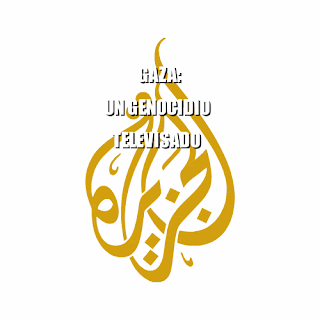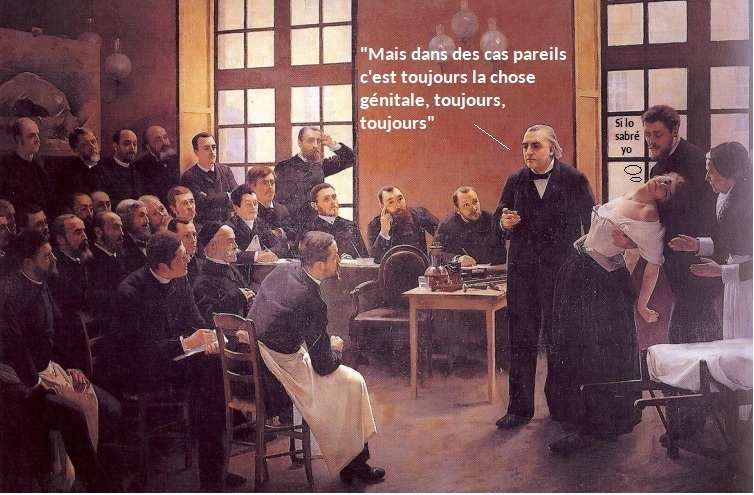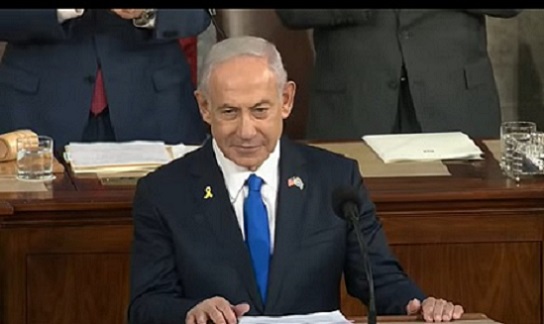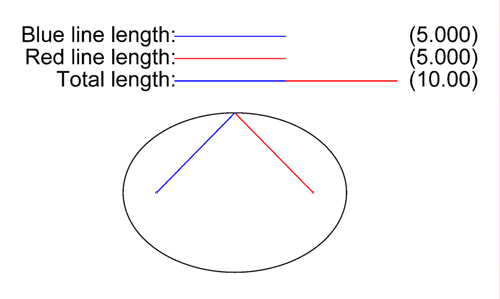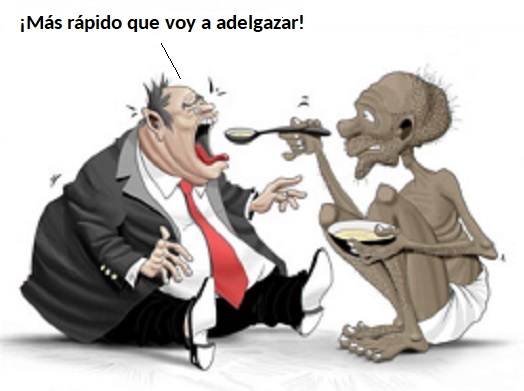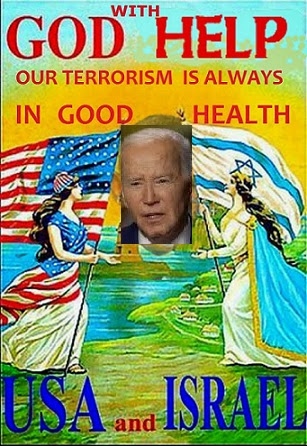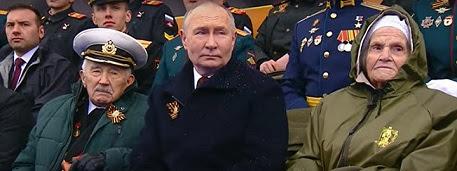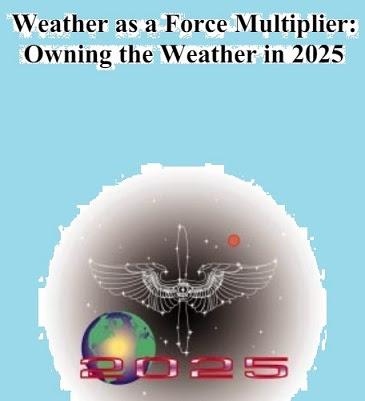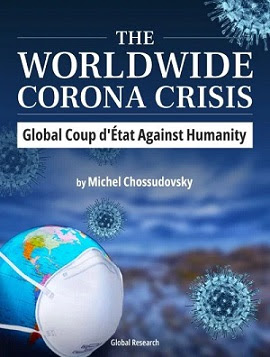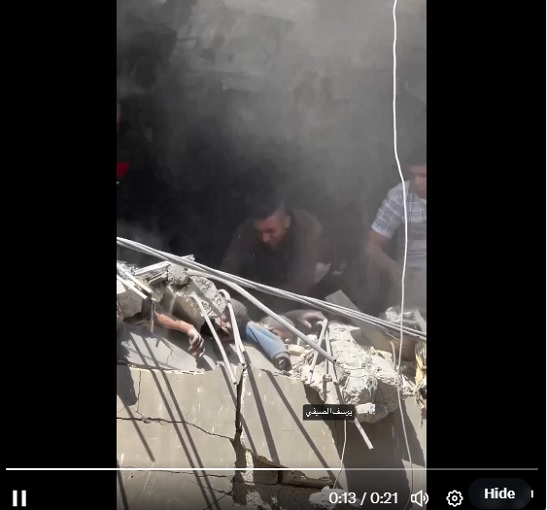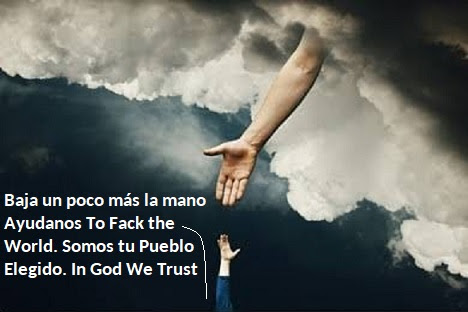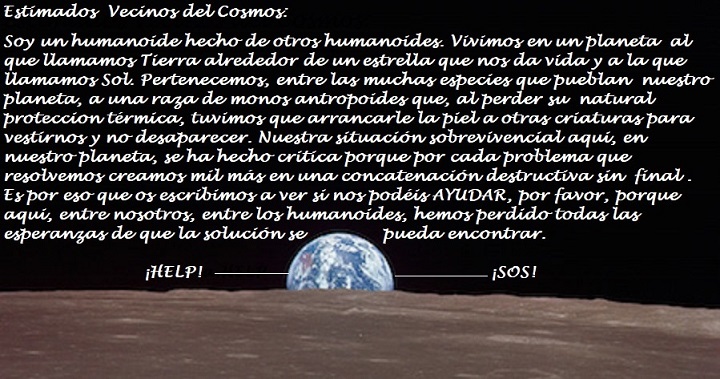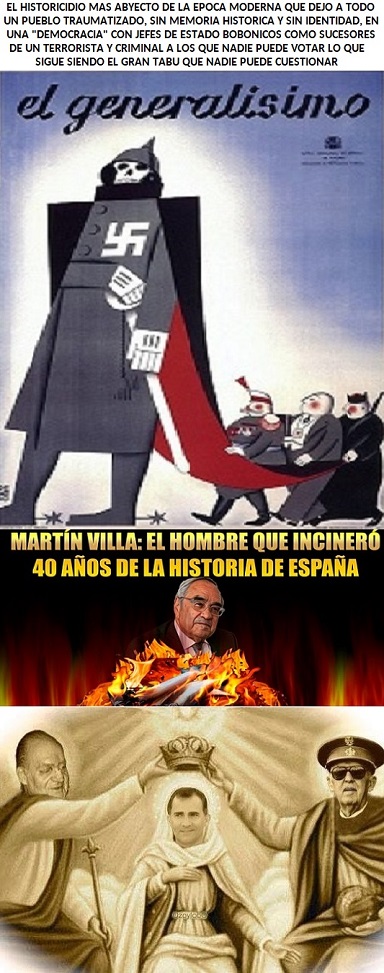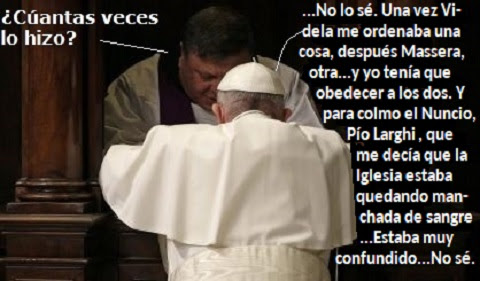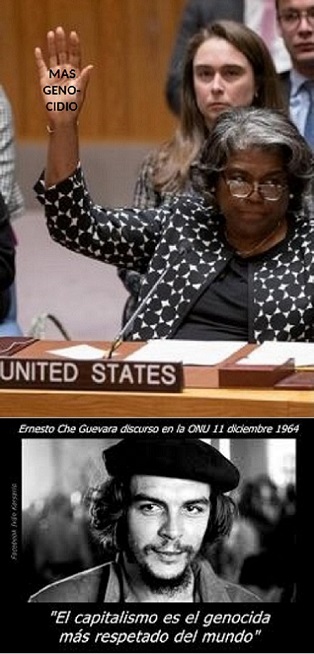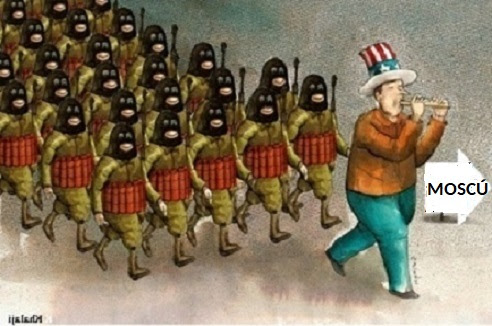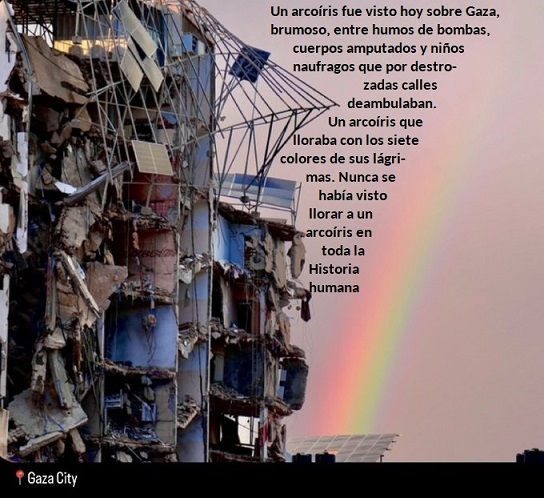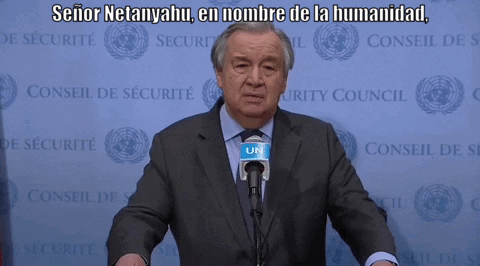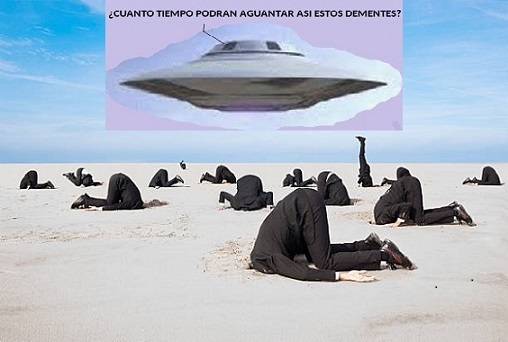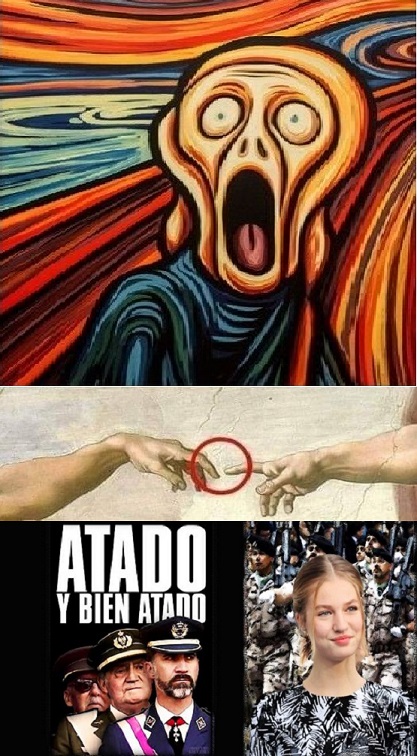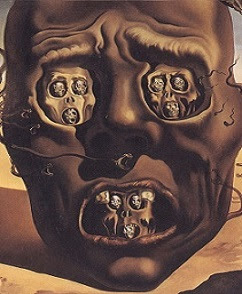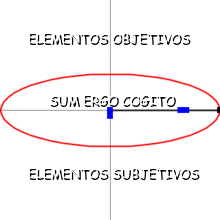Press TV:
I’d like to have your impression on the situation in Egypt two days after a coup d’état the situation is very tense in Egypt. Tell us more about your opinion.
Chossudovsky:
Well, I think we have to reflect a little bit on the history of the Morsi government going back to the Arab Spring, in other words, two and a half years ago. And we also have to ask ourselves, who are the major actors behind this coup d’état?
It is a coup d’état in the sense that the military have intervened and they have demoted a duly elected government. I should underscore the fact that the reports confirm that the protest movement against the Muslim Brotherhood government was also directed against the United States
In other words, the protest movement perceives the Morsi government as a proxy of the United States and in particular the Muslim Brotherhood government has accepted all the conditions, which were imposed by the International Monetary Fund upon the accession to the formation of a government – namely the application of strong economic medicine, which essentially is continuity in relation to the previous period.
It’s a structural adjustment program; it’s devastating economic reforms; and I think what’s motivated the protest movement, certainly the derogation of civil liberties, the implementation of Islamic law is an issue; but more fundamentally it is the process of impoverishment, which has become heightened by the installation of this government and the social situation in the country is far more serious than it was during the Mubarak period.
So that what we have is a continuity pertaining to these neoliberal economic reforms: massive austerity measures, rising food prices, rising unemployment and ultimately this discontent is motivated by the collapse in the standard of living and also by the hope that a new government would do something different to what the Mubarak government was doing. So I think that has to be taken into account. However, let us look at who is behind this coup.
The press reports suggest that the protest movement is directed against the United States and that the armed forces in a certain sense are supportive of the protest movement.
I think this in many regards is a smokescreen because US Defense Secretary Chuck Hagel as well as the US Chief of Staff General Martin Dempsey were in permanent liaison with the architects of the coup in the two weeks preceding the military takeover.
We should be under no illusions, the Egyptian military may have differences within its ranks, but ultimately it tows the line, it takes its orders from Washington DC.
Egypt is the largest recipient of US military aid after Israel.
It is a strong ally and if they have taken this position of intervening and demoting a duly elected government, they have done it with the green light from the Pentagon.
I think it is highly unlikely that General Abdul Al Sisi who is the architect of the coup d’état would have acted without consulting his counterpart namely US Defense Secretary Chuck Hagel.
If we look a little bit at recent events we see that General Al Sisi was in permanent liaison by telephone to US Defense Secretary Chuck Hagel.
We should also understand that the defense minister who instigated the coup d’état is also a graduate of the US war college – he’s very close to the US military; and I sincerely doubt that he would have acted without having the go-ahead from his US counterparts.
This of course doesn’t mean necessarily that… I mean, there are certain contradictions – you have a protest movement, which is directed against the Morsi government and then you have a military, which is supported by the United States.
In fact the United States is supporting both sides and that is part of its underlying strategy. It supports the military and then it supported – it no longer supports – but it supported the Brotherhood.
And what this is leading to is a situation of internal conflict, which could lead to a process of destabilization on a much broader scale.
I should also mention that the border with the Gaza Strip has been closed. This crisis has a bearing not only on Egypt, but on the broader region because Egypt is very strategic for America; it’s a gateway for North Africa and is also a gateway for sub-Saharan Africa.
Press TV:
Morsi, initially when he came in he had the support of the US, but now it seems he doesn’t have the support of the US. Just what is in it for America now?
Chossudovsky:
Ultimately what the United States action involved was essentially to ensure that this protest movement doesn’t get out of control and the coup d’état is ultimately intend to manipulate the protest movement and prevent the accession of a real people’s government.
Morsi was not a people’s government. Well, he got 50-plus percent of the vote, but immediately upon accession to his position as president he reached an agreement with the IMF, which was imposed by Washington and Wall Street and essentially he continued in the footsteps of Mubarak.
So, this was not an alternative to the Mubarak governments by any means. It was a replacement of the Mubarak government, which in effect was following in the same path, adopting the same economic measures as ultimately those economic measures is what mattered. So Morsi actually did exactly what Mubarak was doing, faithfully obeying the orders of the Washington consensus from the outset of his presidency.
And that economic model dates back to 1991. I happened to be – and this is of course beyond the scope of this interview – I happened to be in the minister of finance’s office in 1991 in Cairo at the very moment when this program was being implemented and imposed by the IMF talking to senior advisers of the government, everybody was against it, but their hands were bound.
We must understand that from 1991 to the present – over a 20-year period, the Egyptian economy has been destabilized, the Nile Value bread basket has been destroyed. 3,000 years of self-sufficient agriculture; food prices have risen; unemployment has gone sky high; the industrial fabric of a relatively self-reliant economy has been destroyed; and this is the basis of the protest movement. People are protesting because their living standards have collapsed and they saw in this new government an avenue of change. But bear in mind the United States is supporting both sides and their objective and their strategy is to destabilize this country as a nation-state.
Press TV:
Some say the army is in power until the turbulence and tension in the country calms down. How willing is the army to initiate another election for a civilian government to be put into power?
Chossudovsky:
That’s a very difficult question at this stage. They may have a certain legitimacy. I don’t doubt that in Washington there is already a scenario of regime change and that scenario of regime change is there with a view to ensure continuity. But at the same time there is also a scenario of political and economic destabilization on an unprecedented scale.
But what is occurring now in the streets of Cairo is a clash between two competing political movements, both of which have been misled by the people who are pulling the strings behind the scenes. It’s worth noting that www.military.com, which is essentially the mouthpiece of the US military establishment stated and I quote, “US Defense Secretary Hagel and US Chief of Staff General Martin Dempsey were walking a fine line expressing concern while attempting to avoid the impression that the US was manipulating events behind the scene”.
And that comes from a mainstream military online source. I would suggest and my understanding is that in effect this whole process has been manipulated; the protest movement is infiltrated; many sectors of the opposition to Morsi are in fact supported by US foundations and in turn the Brotherhood is supported covertly by the United States and US intelligence.
And it has you know, starting in the 1940s it as supported by the British secret service and throughout the 1950s and up to the present, the Brotherhood has always been supported or infiltrated by Western intelligence.
Press TV:
What do outside countries think about this situation in Egypt, countries other than the US, Egypt’s friends?
Chossudovsky:
Well, I think at this stage that is something, which is too early to say, I think there is a lot of confusion in what has actually happened. The armed forces in some sectors of Western public opinion are considered as patriots, as nationalists, who are coming to the rescue of the protest movement and then this protest movement is then portrayed as anti-American. The new military leaders and the interim president have requested the recall of the US Ambassador to Egypt, which then provides, in fact creates the illusion that ultimately the military are anti-American, which they’re not. They are very close with their US counterparts, both US military and intelligence.
Press TV:
Do you see any role or involvement by remnants of the previous regime of Mubarak in this situation?
Chossudovsky:
That’s always a possibility. I think that the names will change. I think we’re possibly going towards another regime change, but I should specify that this is a regime replacement; it is not an alternative neither to the Morsi government nor to the previous government of Hosni Mubarak. From my standpoint, with some nuances, they are very similar because they are obeying the orders of a proxy regime and they are faithfully fulfilling the corporate opening-up of the Egyptian economy to foreign investors and so on....And that’s what matters to the United States and its allies. It’s a neo-Colonial policy, which in effect is restructuring Egypt as a territory within the region and that is what is ultimately very disturbing and there is a lot of confusion.
This could also, potentially, evolve towards a civil war. I’m suggesting it will, but I’m saying there are elements of crisis at the moment and it just so happens that both factions within the protest movement – the supporters of Morsi on the one hand and the protesters, those who wanted the demise of the Muslim Brotherhood government – both these sections are supported by the same handlers, Western handlers namely the United States of America.
Some are supported by Western foundations, others are supported by the US military – the close relationship of the Egyptian military to the Pentagon; several civil society organizations Kifaya, April 6th movement, which we know was supported historically even by the US State Department.
So we’re dealing with a protest movement, which was manipulated in early 2011 and it is manipulated currently in the present context in the opposition movement to the Morsi government.
::::::::::::::::::::::::
¿Tendría validez el preguntar, para extrapolarnos al entendiemiento de un más amplio contexto geo-político (y estableciendo unas imposibles hipótesis), qué hubíese pasado y cómo se hubíera conducido a la llamada 'opinión pública' si lo que ocurre en Egipto estuviera pasando en Venezuela, por ejemplo, o en Iran? ¿No nos harían reaccionar y pensar de otra forma distinta?...Bueno, no sólo eso: es que ya estarían invadiendo esos países para detener "los atroces asesinatos del chavismo" o los "inaceptables crimenes de los ayatolas". O tomemos el caso de Siria dónde constantemente se nos dice que el gobierno de al-Asad mata continuamente a los ciudadanos...¿Y cómo es que ahora con los ríos de sangre que corren por Egipto la Gangstercracia Capitalista sigue "colando el mosquito y tragándose el camello", cómo decía Cristo?...Bueno, ésto, naturalmente, es un plan retórico tan sólo para hacer ver .
Todos conocemos el hitleriano juego.
Todos conocemos las respuestas.
Y éstas siguen estando en lo que nos dijo Ernesto Guevara:
"La 'civilización occidental' esconde
bajo su vistosa fachada
un cuadro de hienas y chacales."
El general Al Sisi está en permanente contacto telefónico con el Secretario de "Defensa" del Imperio, Mister Hagel; además, para eso Sisi (Nono, sería mejor recibido su nombre en las morges de El Cairo) estudió y se graduó --como tantos otros asesinos castrenses en la nómina imperial-- en los US war college por dónde han pasado los mejores y mas cumplidores masacradores de pueblos de la história. Por eso, detrás de los oportunos decorados y 'partes informativos' tras los cuales todo se hace "confuso" y "necesario", estan los mismos predatores que Guevara denunciara en la ONU en 1964.
El problema es que todo está demasiado claro.
Esta es la angustia que padecemos.
Si el 'asunto' estuviera 'turbio' tendríamos suerte porque tendríamos una justificación para no comprender y así podríamos eliminar el dolor y la rabia que nos trae la diafanidad de los hechos.
Porque al escribir estas líneas, el dolor de miles
de familias, madres, hijos, padres, esposas, y maridos en Egipto (claro que son musulmanes y éstos sienten menos la aflicción), que lloran a sus muertos y heridos, siento que ahora retumba en ésta Blasfemia del "In God We Trust" dónde vivo para exigirle a ésta "muchedumbre de solitarios ensimismados"
que compone ésta "Salvaje Norteameria" (Federico García Lorca, "Poeta en Nueva York")...como una demanda nímbica del por qué su "Annuo Coepio, Novus ordo seclorum" tiene que estar siempre tras cualquier masacre, guerra y muerte en el mundo.
Me asomo a la noche y sólo oígo los grillos.
Y una vez mas quedo impresionado
por la ventaja evolutiva que como especie
nos llevan a todos los humanoides.





























































































































